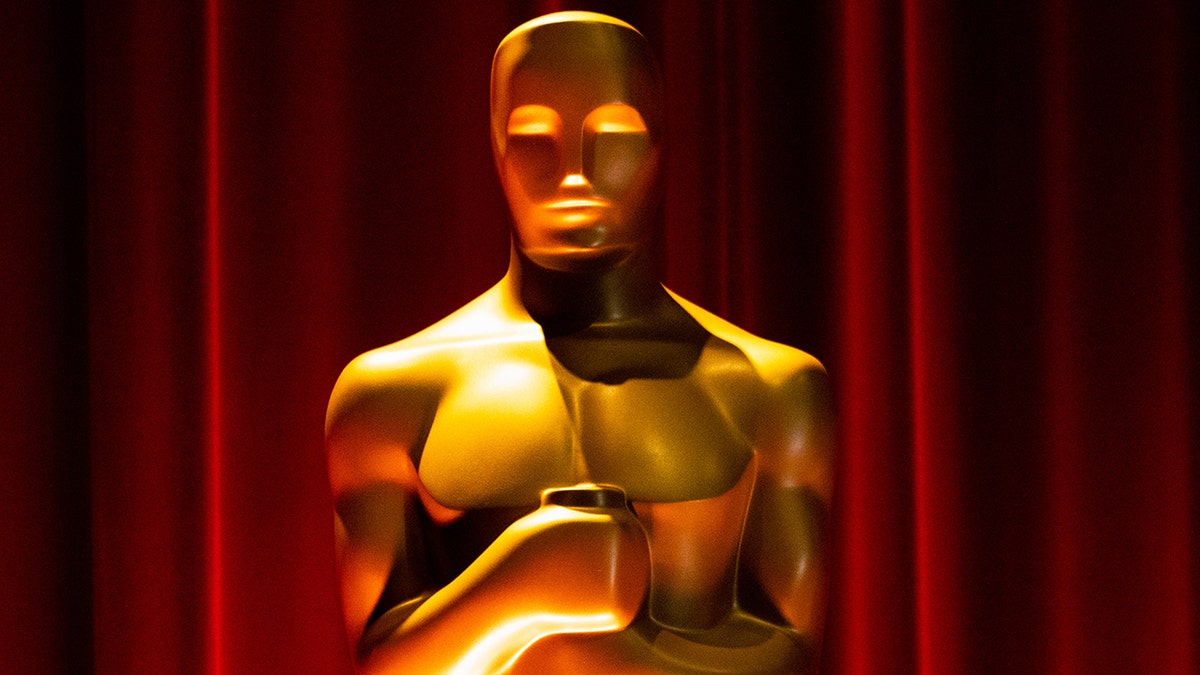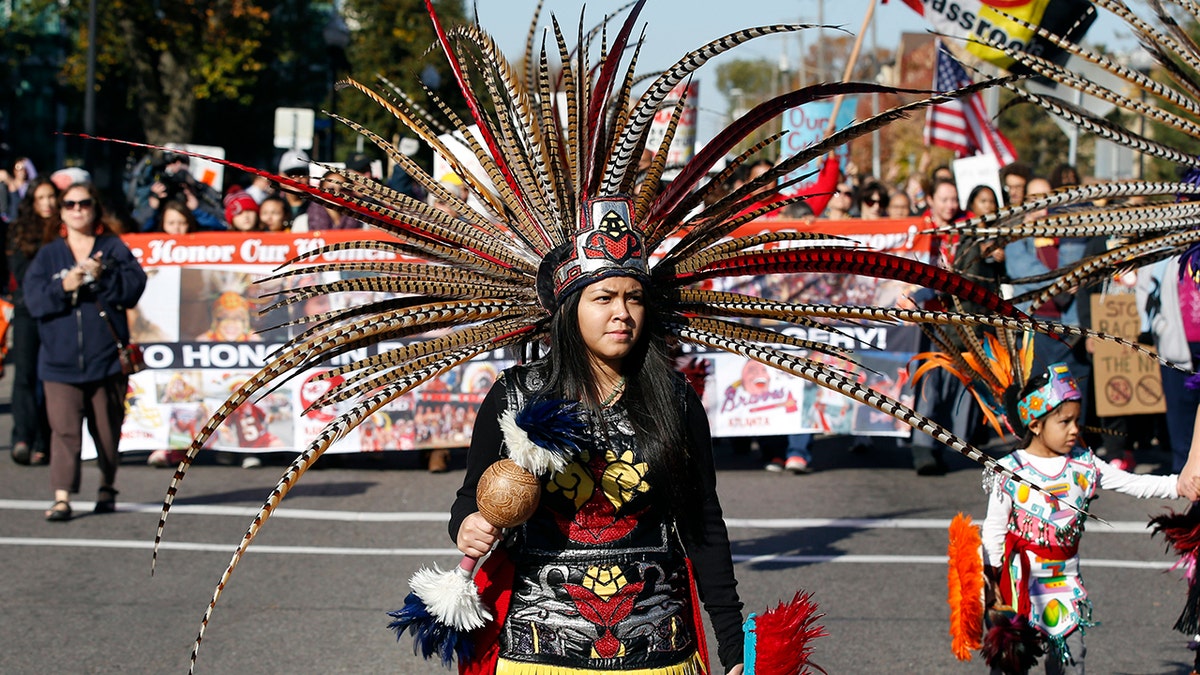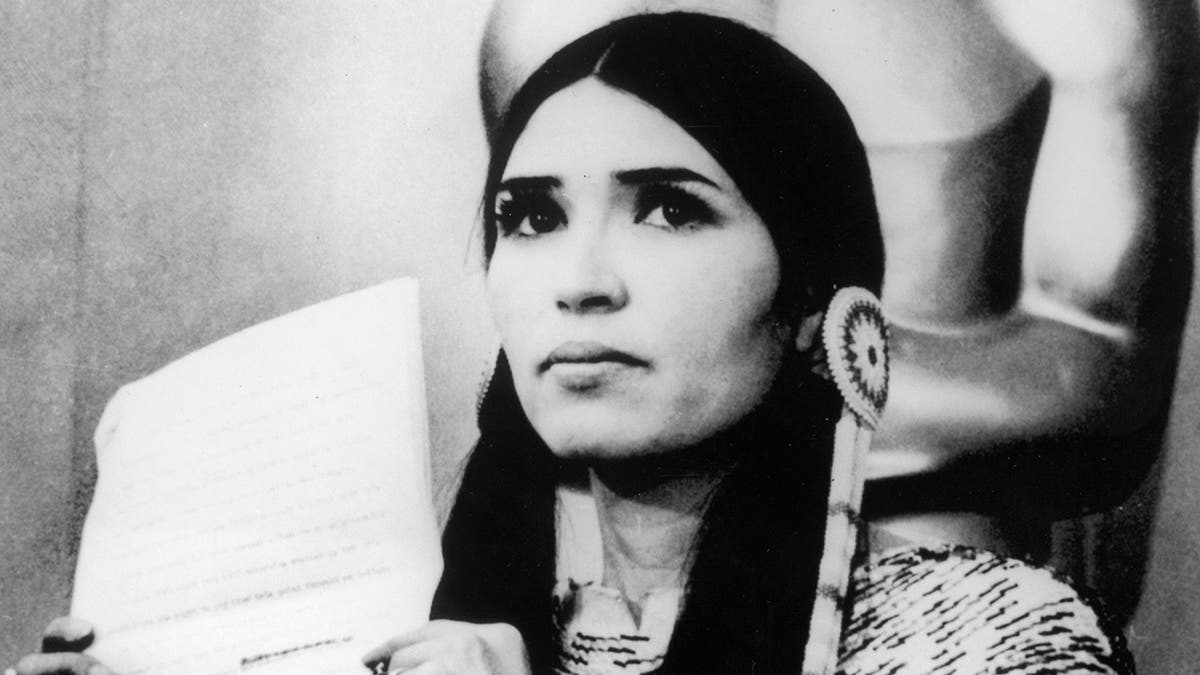Wisconsin residents trapped in homes as Native American tribe maintains blockade over legal dispute
Lac du Flambeau resident Marsha Panfil discusses the impacts of the Native American blockade including suspended mail service and threats made against their lives.
Native American watchdog group the Tribal Alliance Against Frauds (TAAF) recently demanded an apology from Hollywood producer Heather Rae over lying about her background.
Fifty-six-year-old Rae, who serves on the Academy of Motion Pictures’ Indigenous Alliance, has previously stated that she came from an "Indian" mother and a "cowboy" father while several news outlets reported her as having a "Cherokee" parent. However, the New York Post reported about recent claims by Native American activists insist that Rae is, at best, only 1/2048th Cherokee.
However, TAAF told Fox News Digital that they haven't found any Native American ancestry in Rae's family.
"TAAF maintains that Heather Rae Bybee has zero American Indian ancestry and invites Ms. Bybee to correct us if she can, with hard factual evidence," a spokesperson told Fox News Digital in a statement.

Heather Rae worked on the Academy of Motion Pictures’ Indigenous Alliance. (Jay L. Clendenin / Los Angeles Times via Getty Images)
According to the TAAF’s research, Rae has no ancestors recognized by the Cherokee Nation of Oklahoma, the Eastern Band of Cherokee and the United Keetoowah Band of Cherokee Indians. In addition, a divorce certificate from 1969 listed both of Rae’s parents as White.
"Being an American Indian person is not just about who you claim to be, it is about who claims you," Tribal Alliance Against Frauds director Lianna Costantino told the New York Post. "And it’s much more than just race. We are citizens of sovereign nations. Being an Indian is a legal, political distinction."
NATIVE AMERICAN LEADER DENOUNCES INDIGENOUS FESTIVAL BY ‘MADE-UP GROUP’: ‘WOULDN’T BE CAUGHT DEAD’
Prior to this allegation, Rae headed up the Sundance Institute’s Native American program. She also worked as "narrative change strategist" for the "unapologetically ambitious and innovative Native women-led" organization IllumiNative which sought to amplify "contemporary Native voices."
Her most recent film "Fancy Dance" was also partly funded by the Cherokee Nation and premiered at January’s Sundance Film Festival.
Following this claim, a source connected with IllumiNative allegedly told the Post, "It is important to note that blood quantum minimums and citizenship requirements within the Native community continues to be a sensitive and nuanced issue that has a dark and complicated history. Those within the Native community deserve the space and the agency to have these conversations."

A woman wearing Native American clothing attends a "No Honor in Racism Rally" march in front of TCF Bank Stadium before an NFL football game between the Minnesota Vikings and the Kansas City Chiefs, Oct. 18, 2015, in Minneapolis. (AP Photo/Alex Brandon)
CNN ANALYST SUGGESTS SOME ARE GUILTY OF ‘DIGITAL BLACKFACE’: ‘INSIDIOUS FORM OF CONTEMPORARY RACISM’
Prior to this accusation, the Native American community was rocked by another scandal in Oct. 2022. Activist Sacheen Littlefeather, who gained notoriety after rejecting Marlon Brando's Best Actor award for "The Godfather" in his stead at the 1973 Academy Awards, was revealed to, in fact, have no Native American heritage.
After her death earlier that month, Littlefeather’s sisters Trudy Orlandi and Rosalind Cruz revealed that the activist, born Marie Louise Cruz, was not ethnically Native American. According to Orlandi and Cruz, Littlefeather had changed her name after believing to find Native American heritage and became more active in protests.
"It's a lie. … My father was who he was. His family came from Mexico, and my dad was born in Oxnard," Orlandi said.
In September, before Littlefeather’s death, Rae helped Academy members to construct an apology to the activist for "blacklisting" her after her demonstration at the awards ceremony.

Sacheen Littlefeather passed away on October 2 at the age of 75, after a long battle with breast cancer. (Hulton Archive)
CLICK HERE TO GET THE FOX NEWS APP
"Our support, celebration and recognition of Native American and Indigenous communities and storytellers do not end today. … We are building a future of film that is collaborative, conversational and solutions-oriented. Representation without inclusion or access is not enough. I am so honored to be here with you today and look forward to our future, one which you have greatly inspired. I would like to also reiterate our apology and our gratitude toward you," the letter read.
The article was updated to include TAAF's comment about Rae having no Native American heritage.









































